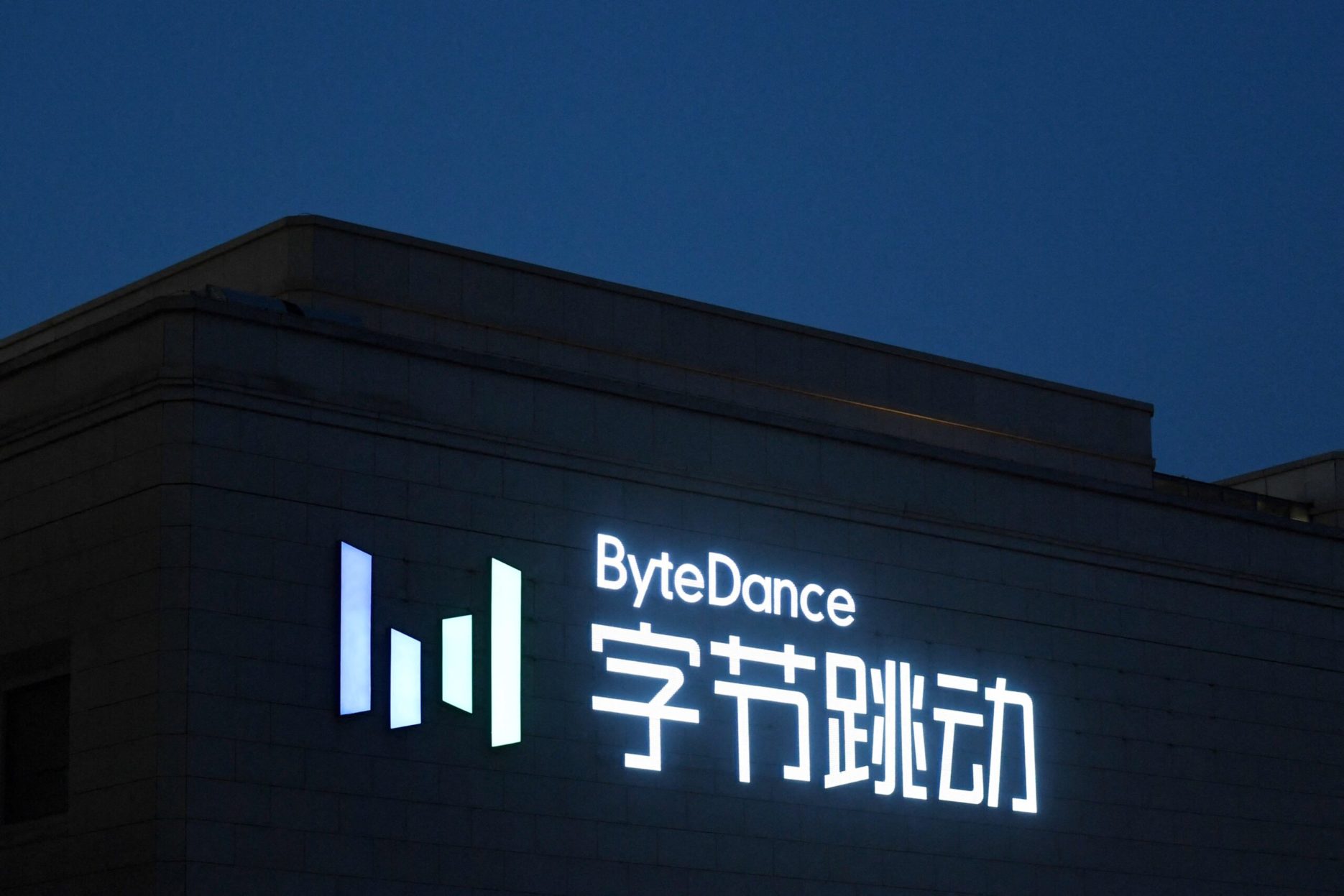Overwork has so far been ingrained in China’s work culture where employees are expected to work beyond their contracted hours. There is also a social setting that accepts this mentality. Nothing encapsulates these issues like some of China’s largest companies like ByteDance and Huawei, with what has become known as “996”.
That is the working hours set for anyone at these companies, 9 am-9 pm six days a week, in return for a greater salary but at the cost of a personal life.
On 1 November, employees from ByteDance came to work noticing the company’s work culture was changing quietly. This tech giant updated its Mainland China Overwork Regulation, which now writes overtime after 7 pm during the week is not allowed without getting approval.
This had led to a new work schedule, from 10 am to 7 pm. If there is any additional work time required, the employee will be paid at a higher rate – from 1.5 to 3 times their normal salary.
In addition, the new rules have also set a cap for overtime at 3 hours a day and 36 hours across a month. This is a significant turning point, with ByteDance a market leader with the influence and success to push through better conditions for workers.
Beyond this, ByteDance has adjusted its working hour rules this year, with employees in the company previously having only one day off during the weekend every two weeks, but that has changed since August.
Likewise, other Chinese tech giants like Tencent and Kuaishou have also reduced the overtime hours during the weekends, showing the shift towards a better work-life balance.
These wholesale changes have all occurred due to the Chinese authorities stepping in and outlawing such work schedules. In September, China’s highest court announced decisions on a few cases that involved overtime working and emphasised that the “996 work culture” is illegal.
This strong stance from the Chinese government is clearly necessary for changing the prevailing working culture within China, as only under financial threat from the law have these companies acted to change their policies to those that are fairer upon their staff.
ByteDance is the first tech giant to cut down working hours intensively but with the magnitude of company and governmental cases it is likely, others will follow. Some employees support this move, as it can help improve work efficiency and attract talents who are against the overworking culture.
However, some are worried that reduced working hours, with the same salary, means harsher promotion and performance assessment rules. In addition, they are afraid that the work pressure they face will only worsen as the workload remains the same while working hours lessen.
It remains to be seen what effect this will have on the companies and how their cultures will adapt to these changes, but it is clear that a better work-life balance will positively impact employees. ByteDance’s change of stance is a significant moment in the future of work in China, with the outcomes of this experiment likely to decide how much the 996 culture will disappear over the coming years.
Read more:









